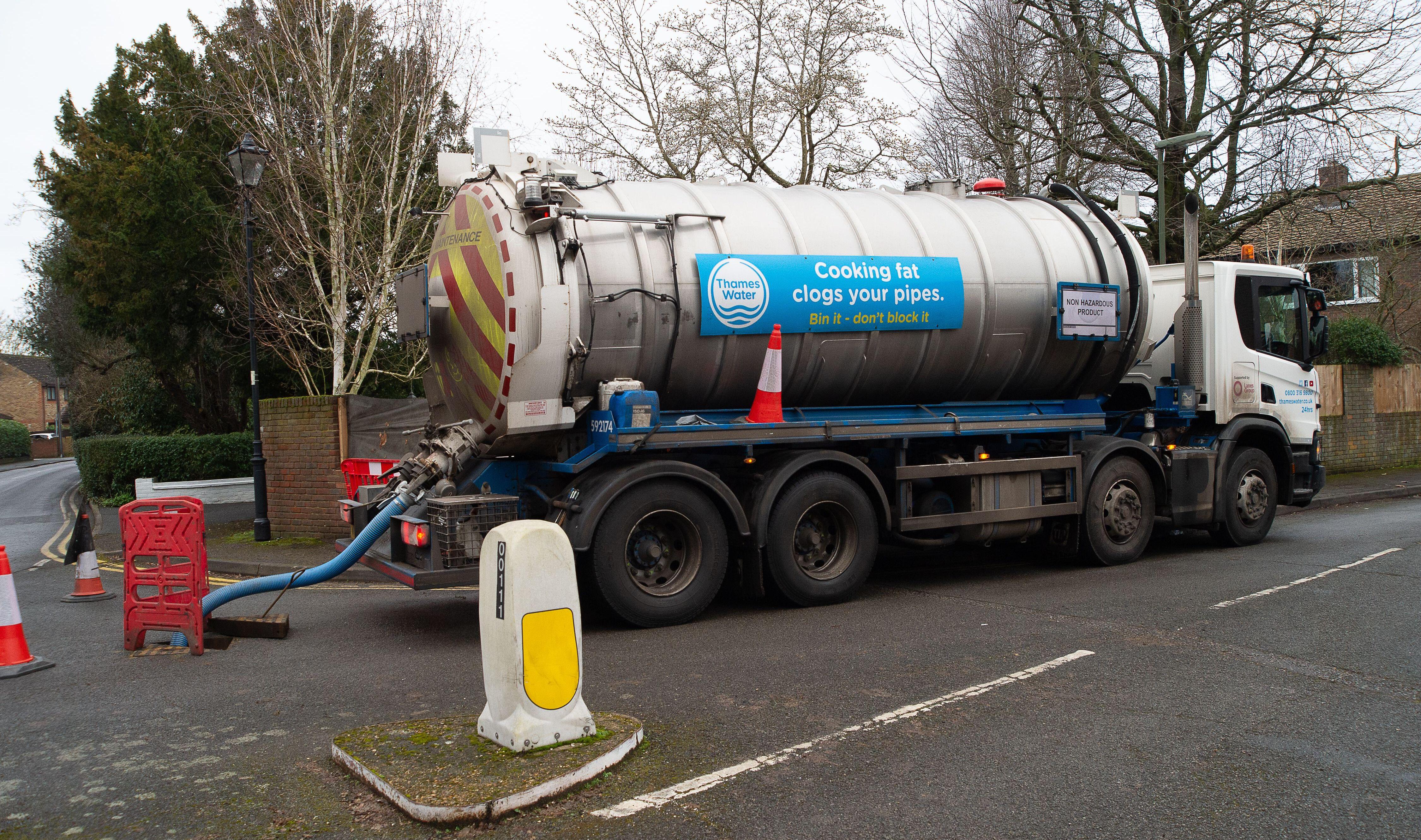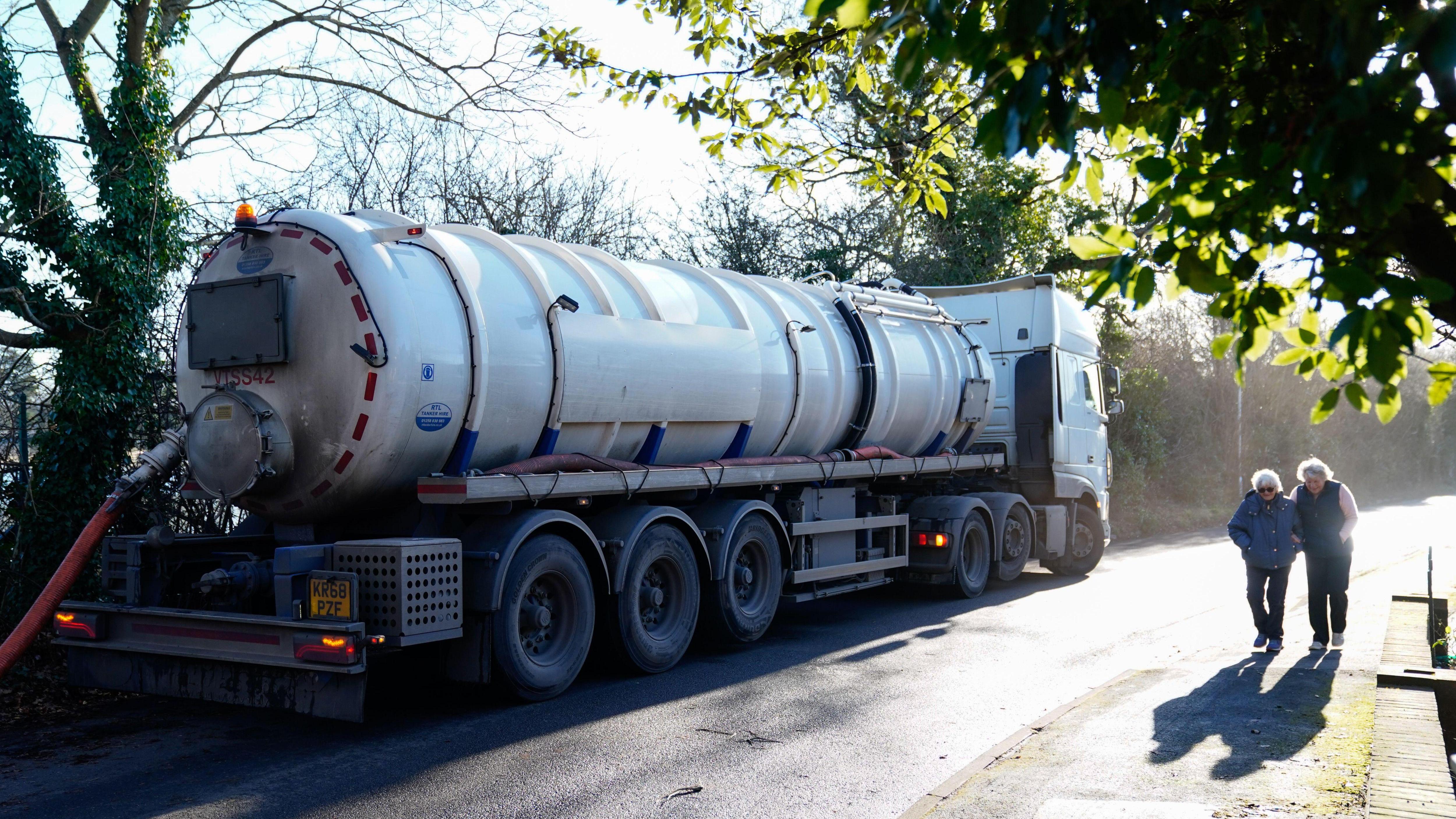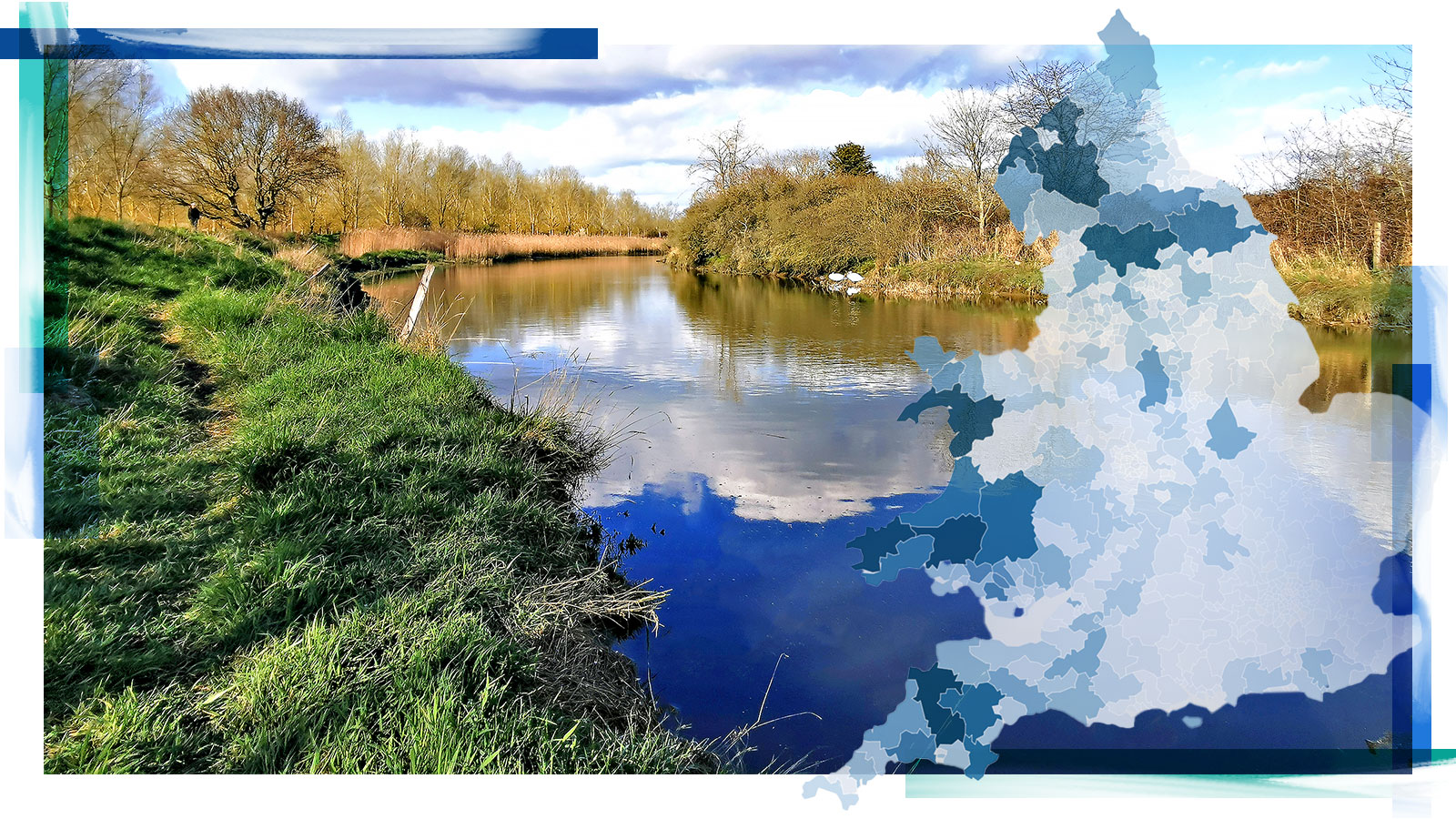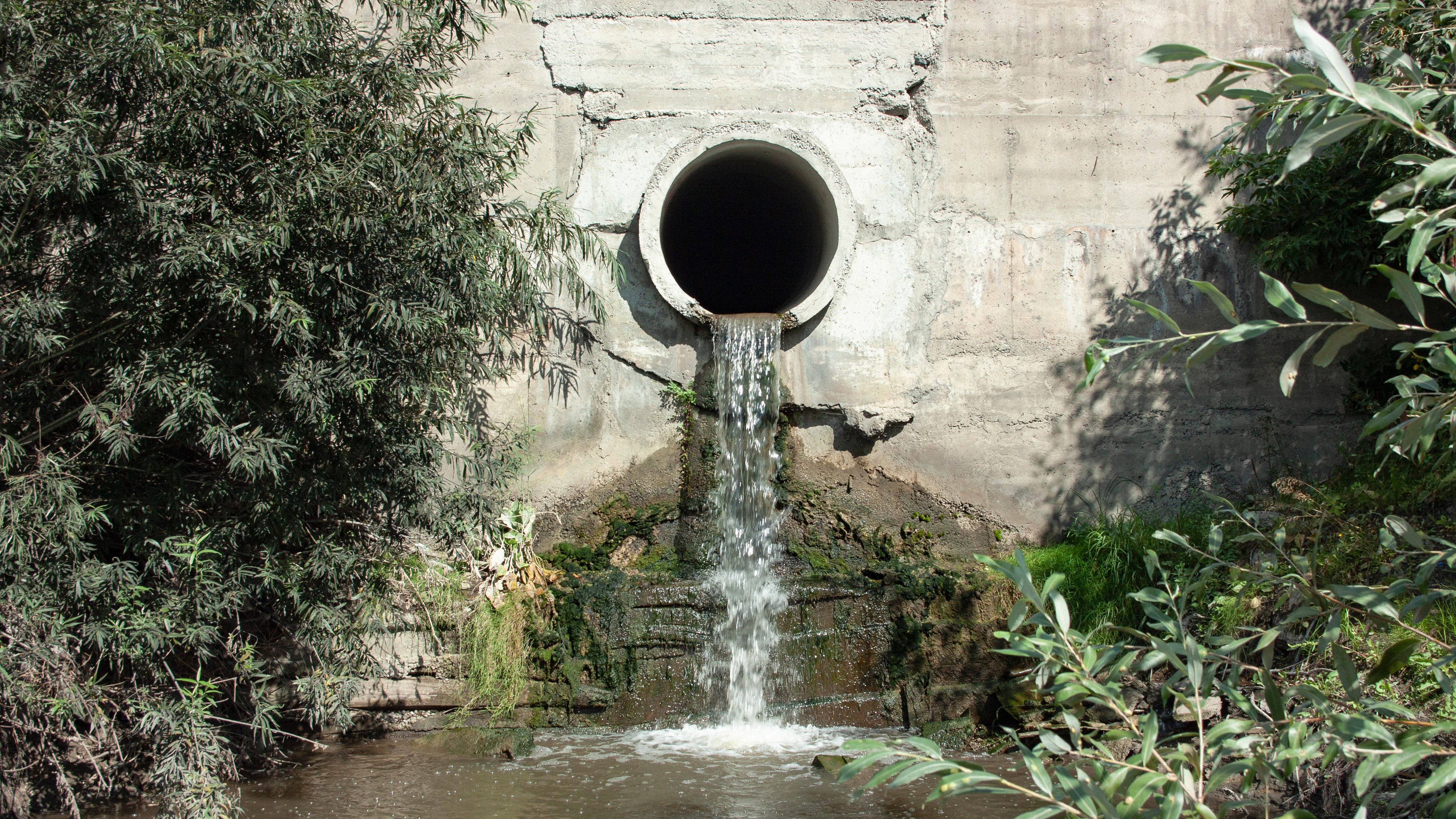A growing number of sewage tankers are blighting towns and villages across England, data released by water firms shows.
Wet weather caused a record number of sewage spills into rivers and seas last year. But it also increased the number of noisy, polluting tankers in rural areas, sometimes for months at a time.
Tankers are used to transport sewage from an overwhelmed treatment plant to one with more capacity, move a mud-like material known as sludge, or in cases of emergency such when as a sewer burst in the Exmouth area just before New Year’s Eve. That incident led to 240 truckloads of sewage a day being driven a day through the East Devon town as repairs were made.
Figures released to The Times by water firms show that the use of the tankers is increasing at some companies.
South West Water, which operates in Exmouth, now has a fleet of 35 of the vehicles, 52 per cent more than it had nine years ago. “Over the last few years the number of tankers has increased sharply, causing considerable damage to roads and inconvenience to residents,” said Andy Tyerman of campaign group End Sewage Convoys And Poollution Exmouth.
Advertisement
Anglian Water, which serves Suffolk and Norfolk, deployed tankers up to 103 times a day last year, the highest number since records began in 2015. On average it used tankers to carry sewage 48 times a day last year, a record for the period covered by records.
Mark Dye, of Grimston in Norfolk, said: “Anglian Water has been using the tankers long-term already. People here have had enough of their excuses and lack of investment to correct issues.”

Dye, a co-founder of the Gaywood River Revival group, recently found “extraordinarily high” levels of E.coli coming from the company’s manhole covers in Grimston’s streets, with polluted water flowing into the Gaywood, one of Britain’s globally rare chalk streams.
Wessex Water used 1,715 tankers last year, up from 1,038 in 2022. In 2016 the number was only 263.
Southern Water, which covers Kent, Sussex and Hampshire, used 231 tankers on 334 days of the 2023-24 financial year, the highest number by far in a ten-year period. More recently, residents of Southwick said they had been badly affected, with tankers stationed in the West Sussex village since February.
Advertisement
• Sewage spills double to record level in England
“It has been an ongoing nightmare to deal with major roads in Southwick being closed off. Large trucks, ugly fences and sewage tankers have taken over the whole area,” Bella Boersma, a 24-year old student, said. She said that communication between Southern Water and locals had been “completely unacceptable”.
Hayley Moore, who owns Koh Koh Chocolate Boutique in the town, blamed the disruption from the tankers on the quietest lead-up to Mother’s day she can remember. “I strongly believe the closures all around the green are impacting foot fall,” she said.
Southern Water said that more than 750 billion litres of rain had fallen on Sussex between December and March, leaving the ground around Southwick saturated. It said the tankers were needed to alleviate pressure on the local sewage network.
Robina Baine, a councillor for Southwick Green ward, said: “The constant noise and movement of tankers on the streets has also impacted many residents. Lack of sleep, for both adults and children, has led some to stay with families in other areas.” Baine said that pavements and kerbs in a conservation area had also been damaged.
Advertisement
• Clean It Up campaign one year on: what progress has been made?
Alex Saunders, Southern’s head of wastewater networks, said: “We use tankers during emergency repairs to sewers to prevent pollution. We know they are noisy and disruptive and we always work as quickly as is safe in order to minimise impact.” South West Water said that problems in the Exmouth area would be improved by the replacement of 800 metres of sewer, which is due to be completed this week.
An Anglian Water spokesman said: “This has been the wettest winter on record for the east of England. The ongoing issues at Grimston are caused by an infiltration issue from both surface water and groundwater into our sewers and also via the lateral pipes from people’s homes.”
Yorkshire Water and Northumbrian Water said the number of tankers they used had not changed in recent years. Several companies failed to release figures after The Times submitted environmental information requests. Thames Water asked for more time and later said the request was “too vague”. Severn Trent claimed that it did not hold the information. United Utilities argued that the figures didn’t count as “environmental information”.
The Times is demanding faster action to improve the country’s waterways. Find out more about the Clean It Up campaign.




